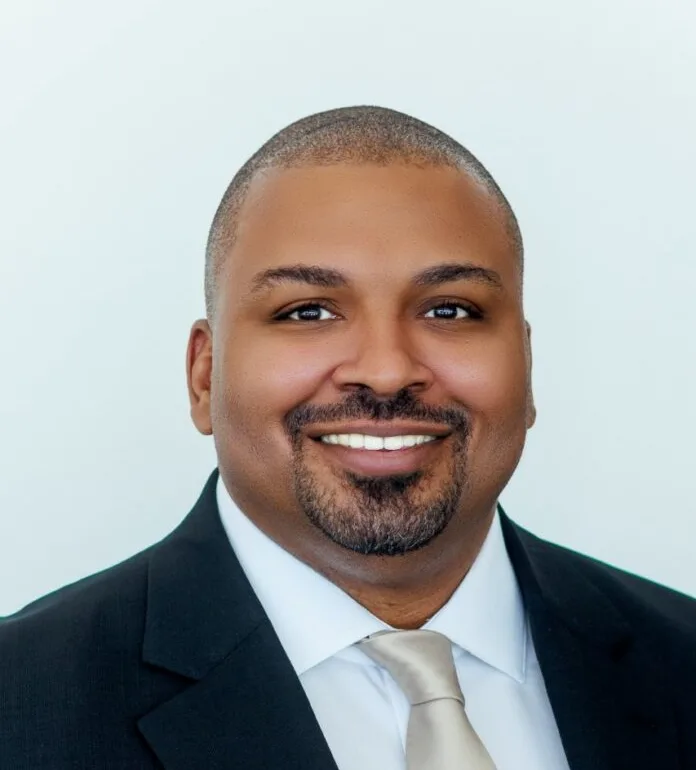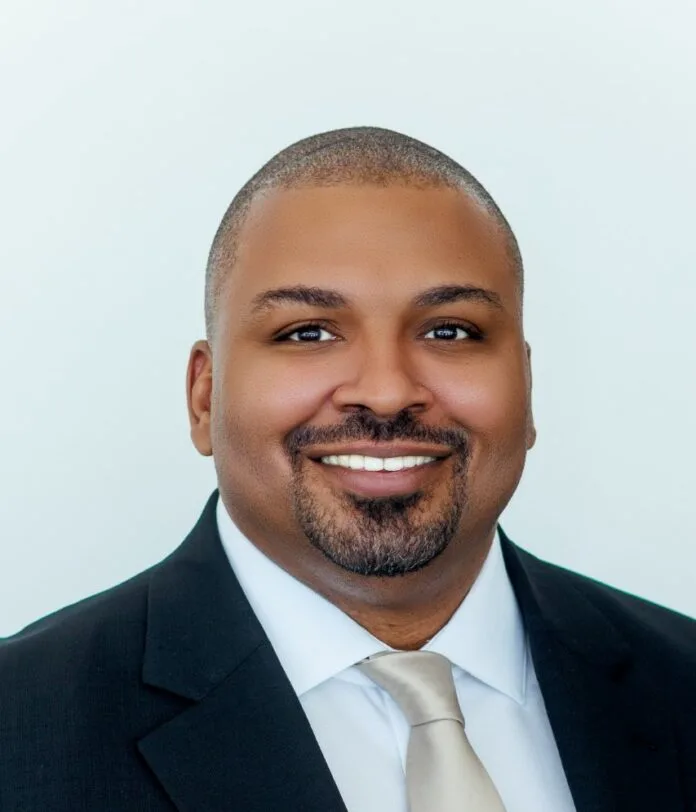Before the murder of George Floyd, Black leaders with the African American Coalition of Indianapolis and Black pastors called for a series of policies, institutions and even coalesced around ideas the Black community would do for itself.
A Black agenda was a core deliverable for leaders bearing witness to the Black community experience physical, economic, and spiritual death. Then there was a pandemic, economic collapse, and the murder of George Floyd.
Homicides and non-fatal shootings continue to ravage the Black community.
But we have seen a surge in Black business formation with the potential for significant business growth in some sectors.
The Black community is also experiencing a cultural renaissance. Black culture is advancing, and we are doing different things like run for Mayor, start more businesses, creating more events that celebrate Black culture and there is an arts community that has affirmed itself.
In four short years, several institutions have launched within the Black community because of the Black agenda.
The African American Legacy Fund of Indianapolis is a donor advised fund at CICF that supports Black philanthropist’s efforts to support Black-led, Black governed, and Black focused organizations.
The Indianapolis Commission on African American Males was created by the City County Council and is currently leading community conversations on mental health, community violence, the achievement gap in education and Black business development.
Equity1821, a Black-led loan fund launched and recently conducted a survey on Black businesses and their banking needs and is using that data to develop products to support the Black business ecosystem.
In the last mayoral election cycle both candidates had a Black agenda.
As part of Mayor Hogsett’s Black agenda, the city launched an inclusive business plan with tax incentives tied to a $18 per hour living wage, a 25-year plan to address food insecurity, and touted Project Indy which connects youth to employment, and Indy Achieves—a workforce development program providing scholarships and completion grants to Ivy Tech and IUPUI students.
The city also developed a citizen-led Use of Force Board, a General Orders Board and there was a review of the Citizens Police Complaint Board.
A website tracking the African American Coalition of Indianapolis’s efforts on the Black agenda can be found at indyblackagenda.org.
Not to mention, CICF’s call to dismantle systemic racism, the creation of the Business Equity for Indy initiative—a partnership between CICP, the Indy Chamber and the Indianapolis Urban League, the city embraced the Government Alliance on Race and Equity which has resulted in increased efforts at budgeting with an eye toward equity.
We’ve come a long way.
A survey of over 1,300 Black residents in Indianapolis, a statistically significant sample size with a confidence level of +/- 3% found the following:
- An overwhelming number of Black residents thinks that Black Indianapolis should have a Black agenda.
- Most respondents affirmed that a Black agenda is a plan for the development of the Black community with specific, measurable, attainable, realistic, and timely goals (SMART goals).
- The Black community should develop the agenda in partnership with Black leaders and elected officials.
- Implementation of a Black agenda should be a partnership with Black leaders and elected officials.
The Black community in Indianapolis has been in this city for over 200 years.
Through redlining, official, overt, and invidious discrimination, color-blind policies that led to neglect of the community and now in this moment while still facing significant challenges the community is making some progress.
There is no question that the Black community will do for self; the question is whether Black leaders will find a partner for the Black community’s progress?
With a population roughly the size of Fort Wayne facing serious and disparate economic realities, education, health, life expectancy, and quality of life challenges the viability of our shared first-class city is threatened.
Inequity is unsustainable.
The challenges facing a community that has been in this city for two centuries with the vast majority of that time under official racial discrimination in housing, education, economic, and civic life cannot be ameliorated inside of an election cycle.
If too many of anyone is experiencing the worst of times; it really can be the best of times—we need the next Black agenda.





